|
A few weeks ago, I checked on my bees. They were pretty well winterized in styrofoam and geotextiles, so the normal method of tapping on the outside of the hive and putting my ear to see if they were buzzing inside didn't work. We had a workshop to check on the hives at the McGill Apicultural Association, where my hive is located. Someone had a plastic hose there, so I inserted one end of the hose into the entrance of my hive and tapped on the hive. If they're alive, the bees should buzz and you should be able to hear them if you put the other end of the hose to your ear. 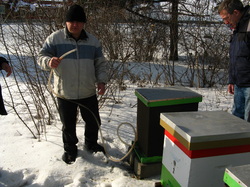 But I heard nothing. My heart started pounding, and I asked someone else near me to tap again to see if they heard anything with the hose. Still nothing. So I opened the hive. Normally, you can't open the hive during winter, because the cold air will kill them quickly. However, if you think that the bees are in trouble or already dead, it's okay to open it. There were hardly any bees inside the hive. There were full frames of honey, frames of pollen that had been eaten by a mouse, and capped brood. But I could only see five dead adult bees, instead of a buzzing cluster of bees that would normally be there. They were gone. I was hit with colony collapse disorder. At first, I was confused. Where...where were they? My last mental image of my hive looked something like this: But my hive was now definitely dead. There were good honey stores in my frames, and there were lots of capped brood, which probably means that the bees were rapidly dying last fall before the new ones hatched. There was a bit of nosema in my hive, but not much. So the bees just...took off. When I realized what happened, I didn't know how to feel. I was definitely sad, although it seems silly to be so attached to a bunch of six legged winged creatures. But this feeling of love and amazement towards the bees is something that I've heard from every beekeeper. I built them a home. I went out of my way to put them in that home, and I checked on them every other week. I spent hours watching them, making sure that everything was going well in the hive for them, that they had enough food as it fall progressed, that the hive was warm enough in the winter. Through almost no fault of my own, my bees died. From what? People have speculated that colony collapse disorder is because of diseases or parasites, because of cell phones, because of the mismanagement of hives. And I think those things contribute to the problem, for sure. But, I also think it has to do with pesticides: systemic pesticides, neonicotinides. Neonicotinides are a type of pesticides that target the central nervous systems of insects. Certain kinds have been banned in France for a few years because of their link to colony collapse disorder. According to places like the EPA, the causes of CCD are still unknown. However, the scientific literature I've seen, as well as the documentary Vanishing of the Bees has convinced me that systemic pesticides are a huge factor. I was devastated that suddenly, all my bees were gone. Thirteen of the 32 hives at Macdonald Campus were wiped out; not all from CCD, but wiped out. I was angry - why are certain people allowed to use untested chemicals that have turned out to have such horrible side effects? But more than sad, more than angry, I was determined. I felt a steady passion boiling inside of me. I know I have to do something. Something to stop this.
So what do I do? Keep learning about bees, and work hard to gather support to stop agri-business from using such harmful pesticides to bees (and eventually, hopefully, synthetic pesticides in general). I'll start all over again this spring. 1/3 of our diet pollinated is by bees. Maybe next winter, beekeepers won't have to worry about losing our hives because of chemicals.
0 Comments
|
About ShonaI'm an eco-conscious girl from Montreal, Quebec. I'm currently an adjunct science professor at Champlain College of Vermont (Montreal Campus). I'm interested in any opportunities to expand my experience with grassroots activism, climate change legislation, or environmental education. Archives
March 2016
Categories
All
|
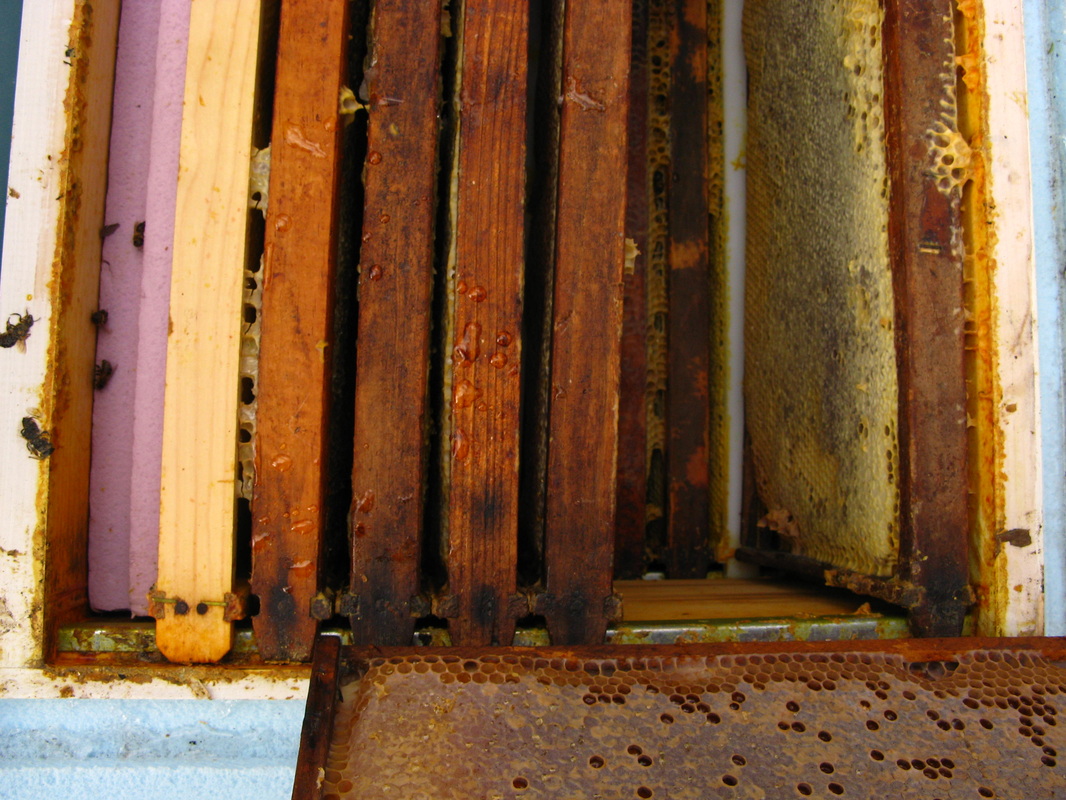
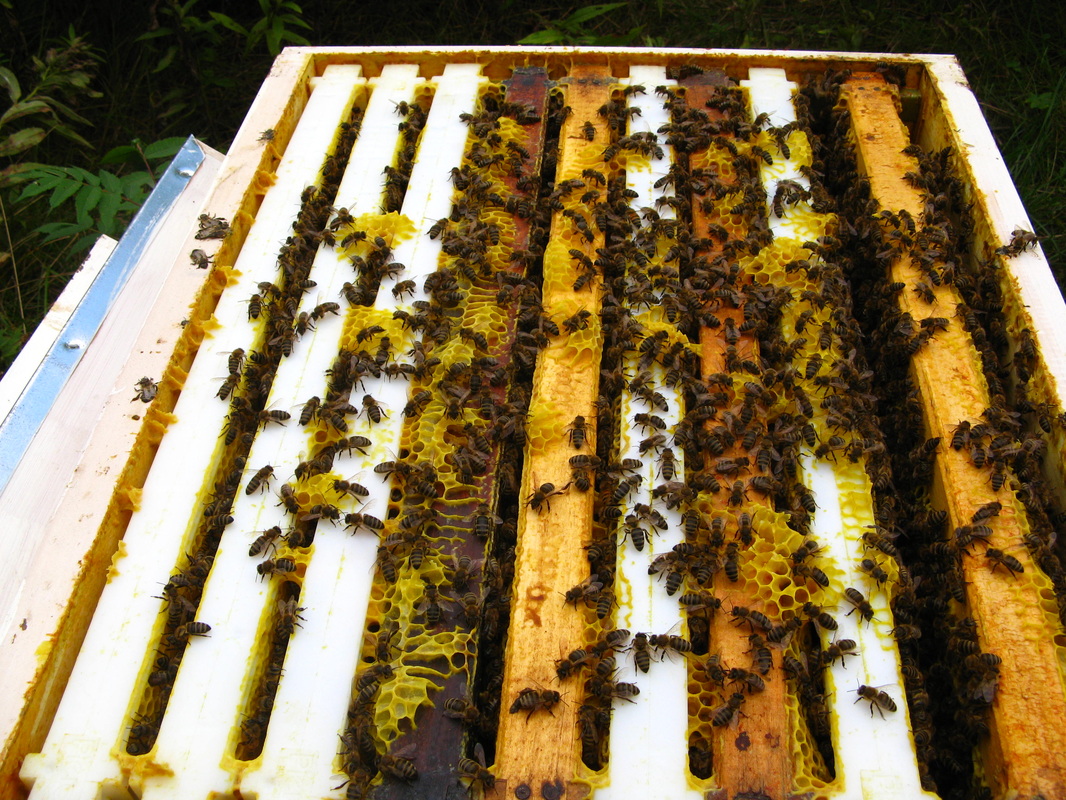
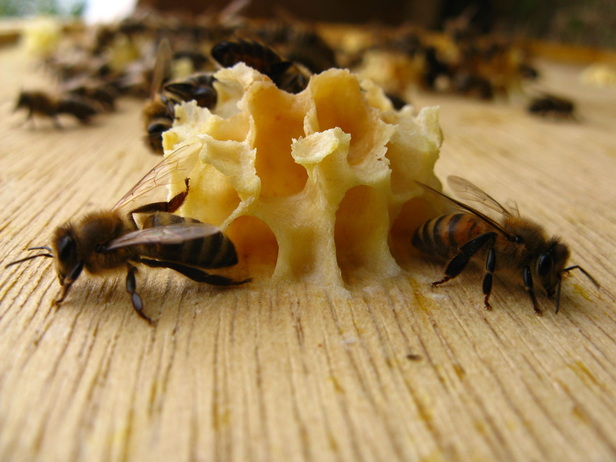
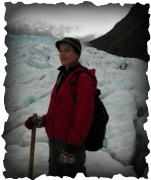
 RSS Feed
RSS Feed
